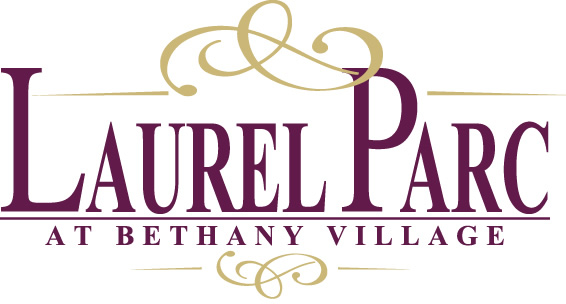When you provide care to a parent or a senior loved one with Parkinson’s disease, it can be enormously meaningful and rewarding, but once the disease has advanced, you may find it difficult to manage it all by yourself.
In this article, we’ll talk more about the steps you can take to ensure that your loved one finds the care and compassion they need at an assisted living community that offers care and  assistance to someone that is living with this progressive neurological condition.
assistance to someone that is living with this progressive neurological condition.
Assisted Living Communities With Parkinson’s Disease Care
Assisted living communities often provide 24 hour emergency care, housekeeping, laundry, medication monitoring, meals and personal care assistance– all of these are the perfect benefits for someone with Parkinson’s disease.
However, not all assisted living communities are created equal. Services vary considerably, so you should spend the time you need to thoroughly check out a number of residences. Look for communities that offer a high caregiver to resident staffing ratio and communities that train their staff to understand Parkinson’s and its signs and symptoms.
For example, staff should be on the lookout for swallowing difficulties (including a constant clearing the throat when eating or a ‘gurgling’ vocal quality during meals)- a common condition with people suffering from advanced Parkinson’s. Staff should also watch for changes in physical function and should always check residents’ ability to communicate their basic needs and ideas.
The Importance of a Multidisciplinary Approach with Parkinson’s Disease
People who suffer from Parkinson’s disease may benefit from multiple points of intervention besides their medication. Keeping this in mind, you should search for assisted living communities that incorporate a multidisciplinary approach to managing treatment and care.
Members of the team could look like:
- Licensed nurse
- Neurologista
- Pharmacist
- Physical and/or occupational therapist
- Physician
- Speech therapist
It would be helpful to have access to a counselor, psychiatrist or psychologist on board if your parent is also experiencing anxiety and depression.
The Parkinson’s Diet
Either a dietitian or nutritionist should also be an integral part of the team. Diet is critical for a person living with Parkinson’s disease. Additionally, staff should administer drugs at precise times prior to and following meals as well as monitor interactions between food and medications.
Residents that take the drug levodopa- something that is commonly prescribed to people with Parkinson’s may need to follow a specific protein redistribution diet. Another major concern for those suffering from Parkinson’s is weight loss- something that affects around 70% of the people who are living with the disease. A number of factors can contribute to this problem: the aforementioned swallowing problem; constipation; a reduced appetite related to the loss of cognitive ability.
Not only should a dietician or a nutritionist be involved, but a speech pathologist can assess the swallowing ability of patients with advanced Parkinson’s.
Exercise and Movement Therapy
Exercise should be used as a way to maximize health and independence- look for an assisted living community that has a variety of exercise and movement options. Walking may not be possible for someone with late-stage Parkinson’s, but aquatic exercise can be substituted and is a great way to increase endurance and muscle strength for seniors suffering from the disease.
Low impact movement therapy classes like seated dance therapy or seated Tai Chi can help improve balance, flexibility, and range of motion which minimizes the risk of falls.
Help With Assisted Living Costs
Before you decide on an assisted living community, you’ll need to determine what you can feasibly afford. The American Elder Care Research Organization estimates that the average monthly cost for someone who has Parkinson’s disease in an assisted living community was between $4,000-4,500. This is only a ballpark– assisted living costs can vary a lot depending on the community, amenities, and the location.
Medicare does not cover assisted living community costs but most states offer some kind of financial help to people with limited financial resources through Medicaid. Eligibility for Medicaid is a complex process and it varies from state to state. Additionally, some state programs only cover certain types of costs and conditions- not all facilities accept medicaid patients.




